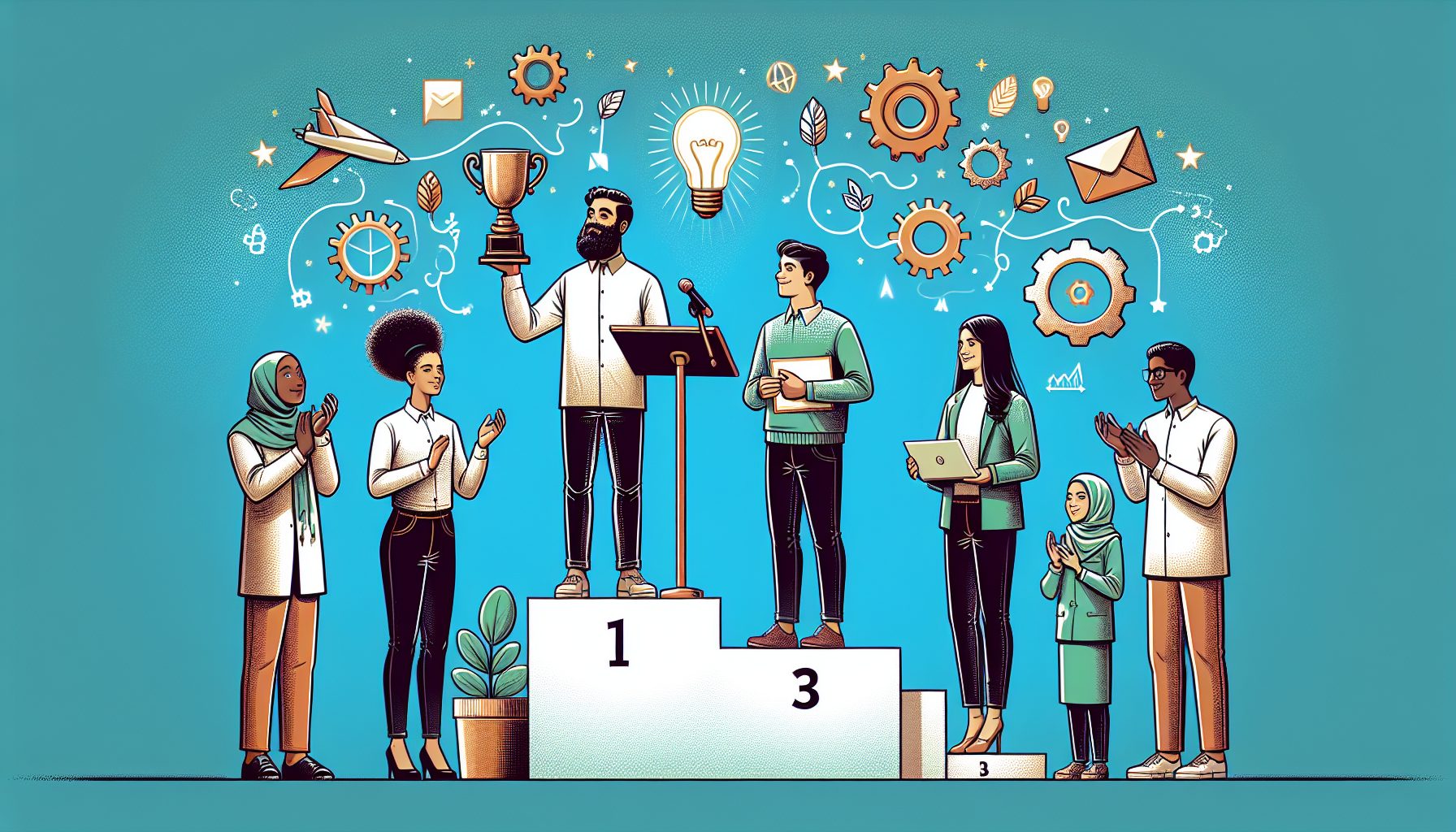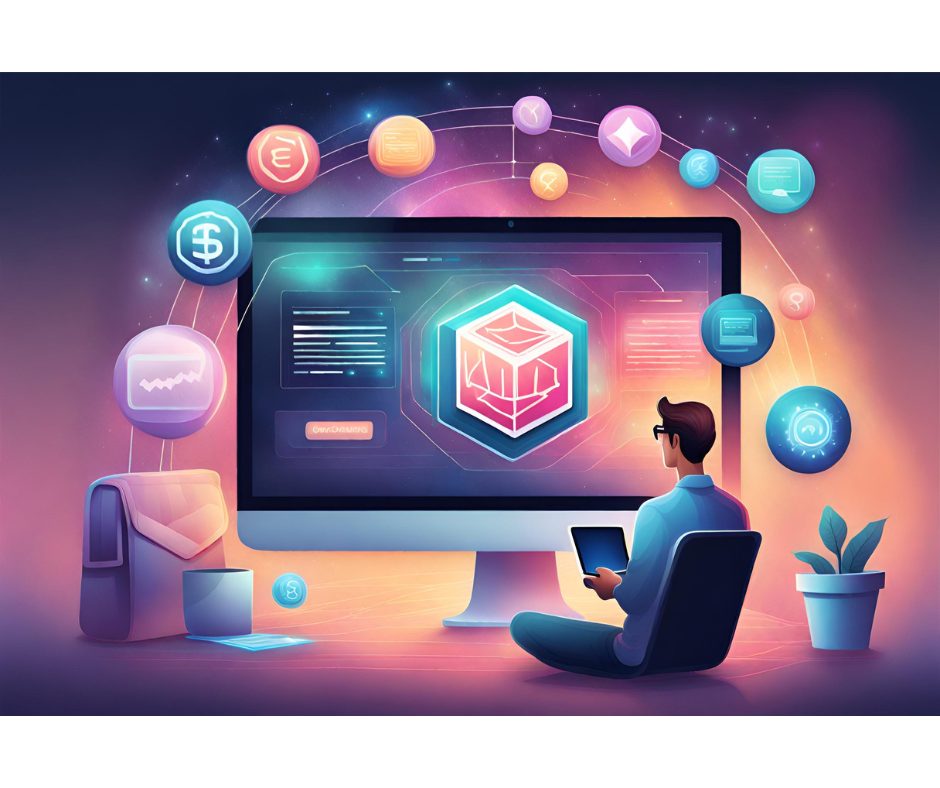Operating smarter and cost-effectively is the goal of every organization. But gaining deep insights into activities, events and processes is often a daunting task—particularly as the data deluge grows and making real-time decisions becomes a critical requirement. As a result, business and IT leaders across a wide swath of industries are increasingly tapping artificial intelligence (AI) to take insight and performance to an entirely new level.
A 2017 Economist Intelligence Unit report, “Artificial Intelligence in the Real World,” noted that 75 percent of business executives surveyed believe AI will be actively used in their company within the next three years.
“The technology provides answers to important questions, and it delivers transformative capabilities for organizations,” observes Nicola Morini Bianzino, global lead of AI for Accenture. “It helps organizations meet objectives and move to new digital business models.”
Over the past couple of years, AI technology—including cognitive computing, deep learning and other components of machine learning—has taken a giant leap forward. Far more sophisticated features and capabilities have emerged, and the ecosystems of business and IT platforms using AI have expanded dramatically.
“We have gotten to the point where if you don’t move forward with AI—and move fast—you’re at the risk of being left behind,” Bianzino warns.
“AI helps organizations take action quicker and in a more agile manner,” adds Victor Thu, global head of product marketing at Digitate, an AI division of consulting firm TCS.
Diving Into Disruption
The opportunities to put AI to work aren’t lost on today’s business and IT leaders. The technology has ramifications for high-level strategic decision-making, customer service, product development, marketing, cyber-security and much more. Market research firm IDC found that 40 percent of all digital transformation initiatives—and 100 percent of all effective internet of things (IoT) efforts—will plug in cognitive or AI capabilities by 2019.
Yet, it’s tempting for business and IT leaders to think of AI in somewhat monolithic terms. The reality, however, is that it’s a vast array of technologies and solutions that infuse software and systems with greater smarts.
The field spans cognitive computing (an IBM-created term that refers to technology that generally addresses human problems), deep learning (which taps complex artificial neural nets to spot correlations and other patterns), and machine learning (which allows computers to learn and adapt algorithms without human intervention and explicit programming). These fields increasingly overlap and intertwine.
Accenture’s Bianzino says that discussions about AI are rapidly moving away from specific topics such as computer vision, natural-language processing and specific machine learning algorithms—all important and valuable pieces of the puzzle—to a more holistic, nuanced and multidimensional view of the space.
“The focus is on the engagement of a strategy to transform processes and create greater overall value,” he explains. Moving forward, “There’s less of a technology specific view—such as what Alexa can do or how an image processing chip can deliver benefits—than thinking about how to transform a process or solve a major business challenge.”
There are also opportunities to take IT systems and cyber-security to a more advanced level through artificial intelligence. Digitate’s Thu says that the technology can help organizations manage internal IT resources more effectively, pinpoint system problems more quickly, and reduce the risk of breakdowns or outages that could cripple the enterprise.









